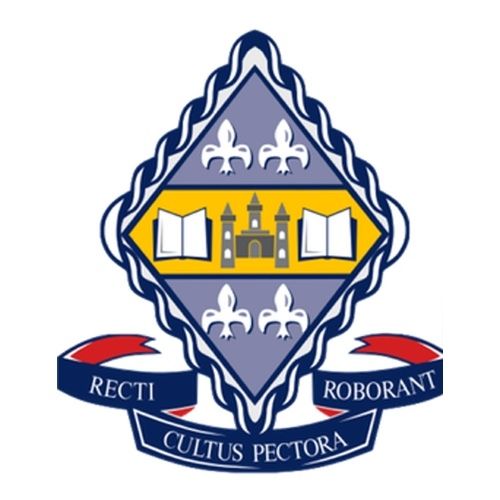
Global Club
This week in Global Club we were lucky to have Farwa Nabizada in Year 12 speaking to us about the history of women’s education in Afghanistan and how it changed through the years until today.
Farwa began her presentation with a picture of a traditional food called Qabeli Palaw, an Afghani delicacy made of mutton and rice. This dish is rich in flavor due to the dry fruits that are added on top. It is a complete meal in itself and can be prepared for lunch or dinner.
Afghanistan is “at the heart of Asia” a term coined to highlight the geo-strategic location of Afghanistan at the center of Asia's trade and economic junction between China, India, Central Asia, the Middle East, and the Indian Ocean.
King Aman was the sovereign of Afghanistan from 1919, first as Emir and after 1926 as King, until his abdication in 1929. Queen Soraya was the first Queen Consort of Afghanistan as the wife of King Amanullah Khan.
In her presentation, Farwa spoke about how Queen Soraya encouraged women to get an education and opened the first primary school for girls in Kabul, the Master School (later the Ismat Malalai School), in 1921, as well as the first hospital for women, the Masturat Hospital, in 1924.
The last king of Afghanistan (Zahir Shah) ruled for more than 40 years and began modernizing the country, culminating in the creation of a new constitution and a constitutional monarchy system. Demonstrating non-partisanship, his long reign was marked by peace in the country that was lost afterward.
In her presentation, Farwa also talked about Hamid Karzai who served as the Fourth President- he was the one who reopened all the girl's schools in Afghanistan.
Farwa noted that Afghanistan literacy for 2021 was 37.27% and that only 15% is women.
Sadly since the Taliban took over in September 2021, girls are permitted to attend primary school from grades 1 to 6. All high schools for girls are banned in Afghanistan until "they"- the Taliban- "have a plan."
Farwa ended her presentation with a fact that resulted in laughter from many people in Global Club, which is that "men are behind the core problems in Afghanistan".
Close to the end of the Global Club meeting, we played a Kahoot quiz that covered what we learned from Farwa’s presentation.
On behalf of the Global Club, we would like to thank Farwa Nabizada for her illuminating presentation about the history of women’s education in Afghanistan.
